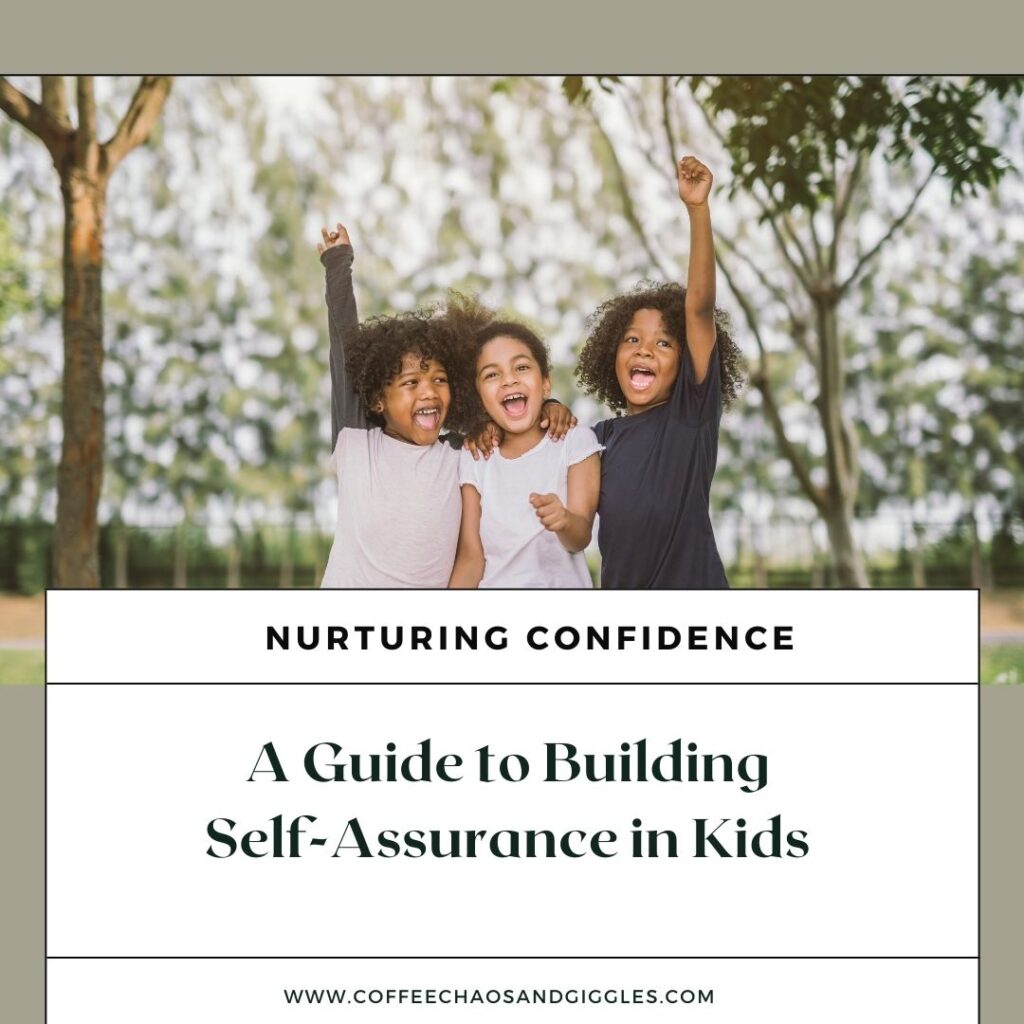Nurturing Confidence: A Guide to Building Self-Assurance in Kids
In the journey of parenting, one of the most precious gifts we can impart to our children is confidence. Confidence is not just a trait; it’s a cornerstone for success, resilience, and overall well-being in life. As parents, caregivers, or educators, our role in nurturing this quality in children is paramount. So, how can we cultivate confidence in our young ones? Let’s explore some effective strategies to empower them on their path to self-assurance.

1. Encourage Exploration and Curiosity
From a young age, encourage children to explore their surroundings, try new things, and ask questions. Foster an environment where curiosity is celebrated, and mistakes are seen as opportunities for learning and growth. When children feel supported in their exploration, they develop a sense of competence and autonomy, laying the foundation for confidence.
2. Provide Constructive Feedback
Offering feedback is essential, but how we deliver it matters greatly. Instead of focusing solely on outcomes, emphasize effort and progress. Acknowledge their accomplishments, no matter how small, and provide specific praise for their efforts. Constructive feedback should be encouraging, highlighting strengths while gently pointing out areas for improvement.
3. Foster Independence
Empower children to make decisions and solve problems independently. Offer guidance when needed, but allow them the space to take initiative and learn from their experiences. By trusting them with responsibilities and encouraging autonomy, we instill a sense of self-reliance and confidence in their abilities.
4. Celebrate Diversity and Individuality
Every child is unique, with their own strengths, interests, and quirks. Celebrate this diversity and encourage them to embrace their individuality. Help them recognize their talents and passions, and support them in pursuing their interests. When children feel accepted for who they are, they develop a strong sense of self-worth and confidence in their identity.
5. Set Realistic Goals
Teach children the value of setting goals and working towards them. Encourage them to set realistic and achievable goals, breaking them down into smaller steps. Celebrate their progress along the way, and help them learn from setbacks and challenges. By experiencing success through their own efforts, children develop confidence in their abilities to overcome obstacles and achieve their aspirations.
6. Lead by Example
As adults, we serve as powerful role models for children. Demonstrate confidence in your own actions and decisions, and show resilience in the face of adversity. Be mindful of how you talk about yourself and others, emphasizing positivity and self-belief. By modeling confidence and self-assurance, we inspire children to cultivate these qualities within themselves.
7. Encourage Positive Self-Talk
Help children develop a positive inner dialogue by encouraging them to challenge negative thoughts and beliefs. Teach them to reframe setbacks as opportunities for growth and to focus on their strengths and accomplishments. By fostering a mindset of optimism and self-compassion, we empower children to navigate challenges with confidence and resilience.

Building confidence in children is a journey that requires patience, empathy, and consistent support. By fostering a nurturing environment that encourages exploration, celebrates diversity, and promotes independence, we empower children to develop a strong sense of self-assurance. Through positive reinforcement, goal setting, and leading by example, we lay the groundwork for their success and well-being in life. Let’s embark on this journey together, guiding our children towards a future filled with confidence, resilience, and limitless potential.





